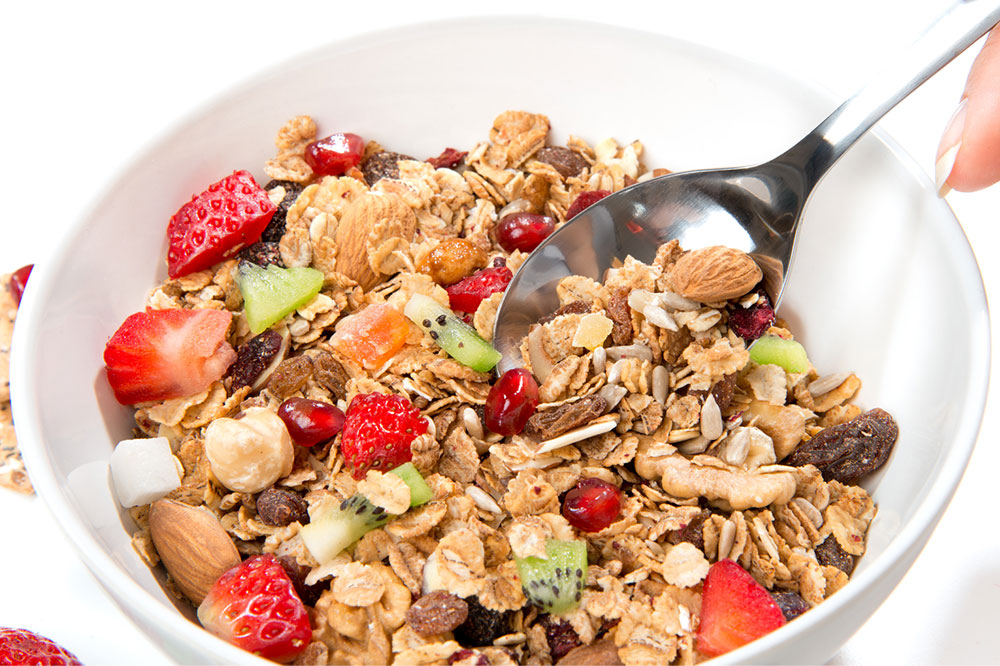Nutrition Tips to Manage Pulmonary Hypertension Effectively
Discover effective dietary strategies to help manage pulmonary hypertension. Limiting salt, controlling fluid intake, avoiding nausea triggers, maintaining a healthy weight, and reducing stimulants are essential. These simple nutritional tips can improve symptoms and enhance quality of life for patients dealing with this condition.
Strategic Dietary Approaches for Pulmonary Hypertension Patients
Pulmonary hypertension involves increased pressure in the lung arteries, affecting heart and lung health. Although there’s no cure yet, medications and surgical options help manage symptoms. Coupling these treatments with targeted dietary habits can enhance quality of life. Key practices include limiting salt intake to reduce fluid retention, controlling fluid consumption, and avoiding foods that cause nausea. Maintaining an optimal weight and reducing stimulants like caffeine and alcohol are essential strategies for managing this condition more effectively.

Limit salt and sodium intake
Since pulmonary hypertension increases the workload on the heart by narrowing blood vessels, consuming excess salt exacerbates fluid buildup and strain. It’s important to distinguish between sodium and salt, focusing on reducing processed foods high in salt. Incorporating minerals like calcium, magnesium, phosphorus, and potassium can support overall health. Carefully reading labels and choosing low-sodium options helps naturally enhance food flavors without added salt.
Manage fluid consumption
Though hydration is vital, patients often need to restrict fluids to about two liters daily to prevent swelling and stress on the heart. Using measuring tools to track all liquids, including soups and sodas, ensures proper intake. Regular weight checks can identify sudden increases indicating fluid retention, prompting timely medical evaluation.
Address nausea with dietary modifications
Some medications may cause nausea, risking dehydration and electrolyte imbalances from vomiting. To minimize discomfort, avoid large meals, carbonated drinks, and fatty foods that slow digestion. Sitting upright during and after meals can also reduce nausea. Eating small, frequent meals and limiting water during meals help sustain comfort and prevent vomiting episodes.
Achieve and maintain healthy weight through diet
Maintaining an appropriate weight is crucial. Patients should tailor their calorie intake based on personal factors, avoiding overeating and excessive snacking. Limiting high-calorie drinks and controlling portion sizes support weight management. Steering clear of calorie-dense snacks and beverages aids in disease control and overall well-being.
Cut back on stimulants
Caffeine and alcohol can worsen pulmonary hypertension by elevating blood pressure and impairing breathing. Safer alternatives include herbal teas, lemon water, or chicory coffee. Eliminating stimulants helps stabilize blood pressure and promotes healthier respiratory function.


